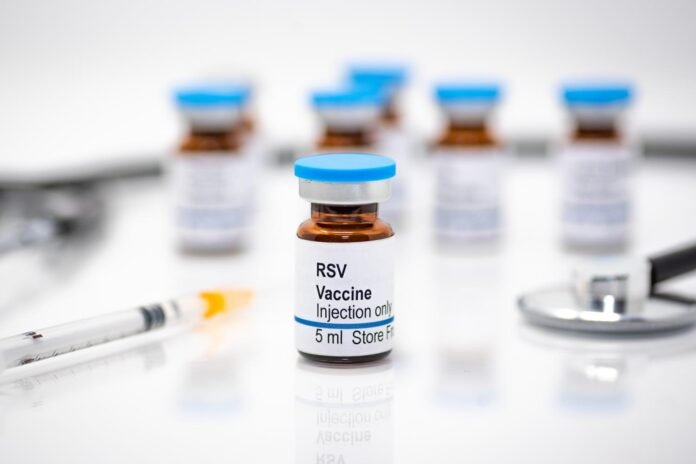The Ministry of Public Health (MoPH) is urging the public, especially those in vulnerable groups, to get vaccinated against Respiratory Syncytial Virus (RSV). This call comes as part of a proactive campaign to prevent serious complications from the highly contagious virus.
According to the MoPH, the RSV vaccine provides strong protection for at least two years. It helps reduce the risk of severe illness, hospitalisation, and life-threatening respiratory conditions. The vaccine is now available at all Primary Health Care Corporation (PHCC) health centers across the country.
As part of a recent public campaign, the Ministry posted on social media: “Protect yourself and your loved ones with the RSV vaccine. Visit your nearest health center or call 107 to schedule your RSV vaccination.” This message targets high-risk individuals, including older adults and those with chronic illnesses.
RSV is a common virus that spreads easily through coughs, sneezes, or direct contact with infected people and contaminated surfaces. The virus often causes symptoms similar to a cold, such as a runny nose, cough, sore throat, and mild fever. Because of its similarity to other respiratory infections, RSV can go undetected unless tested specifically with an antigen test.
The Ministry has stressed that RSV vaccine protection is especially important for people over 60, those with weakened immune systems, and individuals with underlying conditions like heart or chronic lung disease. For these groups, the virus can lead to serious complications like bronchitis, pneumonia, or even death.
Globally, RSV is a major cause of respiratory illness in children and elderly people. The World Health Organization (WHO) reports that RSV causes more than 3.6 million hospitalisations and approximately 100,000 deaths in children under five every year.
To stop the virus from spreading, the MoPH recommends simple preventive measures. These include frequent hand washing, covering coughs and sneezes, and disinfecting surfaces that are often touched. RSV spreads quickly in homes, schools, and public places, so these hygiene habits are crucial.
Symptoms usually last between two to eight days but can persist longer in serious cases. Because of this, the MoPH continues to highlight RSV vaccine protection as a key measure for community health.
In conclusion, the Ministry’s message is clear — vulnerable individuals must not delay in getting vaccinated. Early action means greater protection, fewer hospitalisations, and safer communities. Prioritising RSV vaccine protection today can help prevent severe illness tomorrow.


